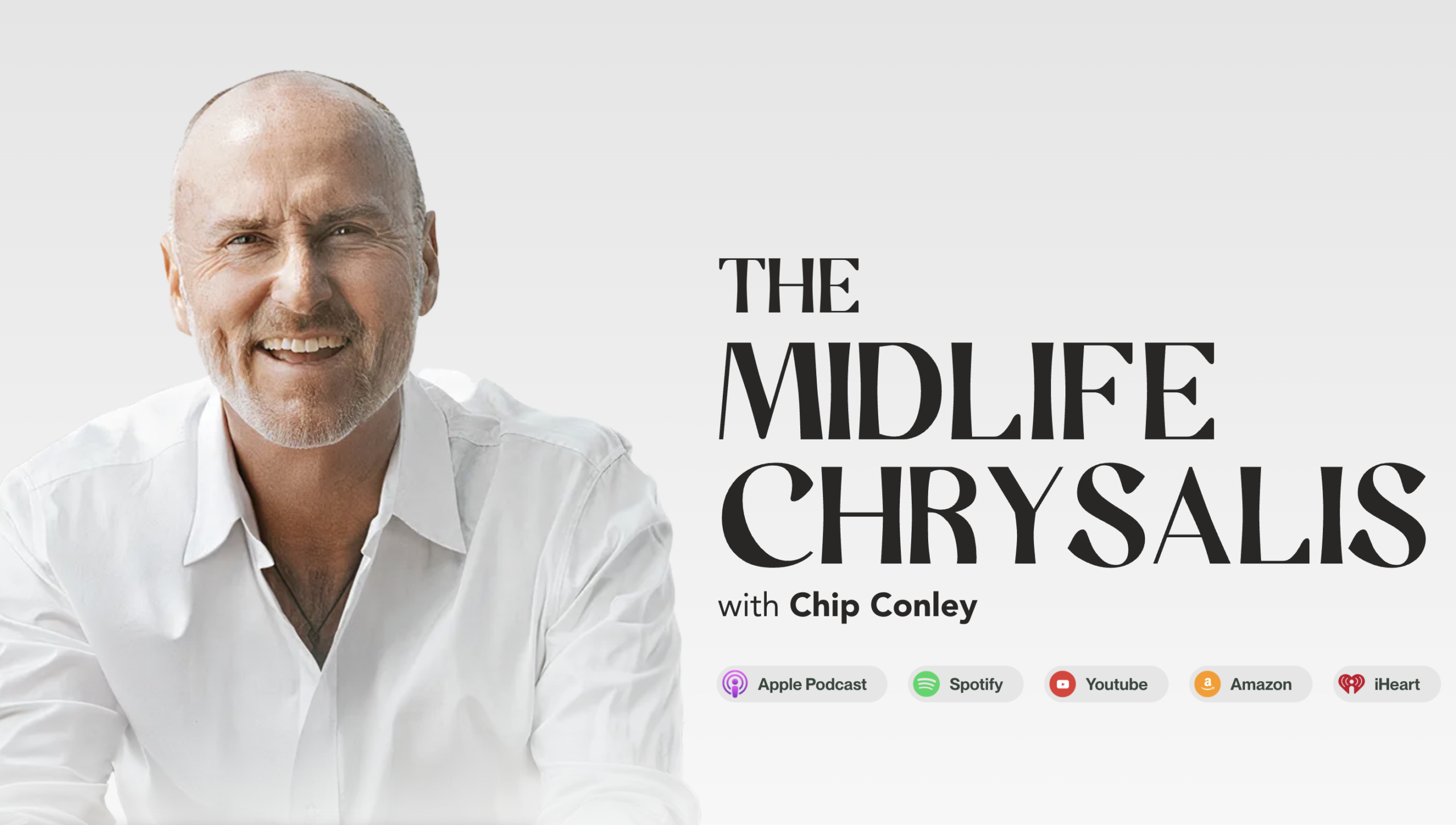
That’s the question posed to 3000 consumers in the Allianz Longevity Project, a research study focused on planning for 30+ the years created by the increased longevity we are experiencing today. This exciting study supports what I’ve been seeing with coaching clients over the past dozen years and is the first glimpse at how people are thinking about and approaching these additional years.
We’re Hopeful But Scared
We are looking forward to longer life expectancies, albeit with trepidation. The study shows that 93% of people expressed having a favorable view of living these 30 extra years. The problem is that when we think about our longer life expectancy we unconsciously think of ourselves as being old and less vital. We think about midlife beginning a slippery slope of decline. That scares us and continues to support ageist beliefs we carry around. It’s time to think long and hard about the potential, not just the pitfalls of these additional years. We need to sit at the feet of our lives and learn from our past.
We Have Regrets
A full 32% of Americans say they regret a major decision they have made in their lives, like when and where they went to college; their career choice; and when and where they worked. Allen*, a former coaching client also felt this way. Twenty-five years ago, right out of college Allen took a job in the financial services industry because: it was the kind of career he was expected to have; it made good practical sense; and he thought it would provide the trappings of a happy life. Twenty years later he found himself divorced and miserable at work. He summoned the courage to make a change.
We become habituated to making huge life decisions – like our career – in our late teens and early twenties and think that anything less than continuing on that path to retirement is a failure. It turns out that life is too long for one decision made so early in our life to be the measure of our success.
Taking More Risks
Our middle years will become synonymous with a second adolescence: a time when we create new opportunities, explore different career paths, invest in our outside interests, volunteer and engage in our community. Once again, the Allianz study bears this out. Nearly 25% of people said they would take more risks knowing they had more time. Traveling extensively (56%) and living in a different country (35%) were the most common “gutsier” choices. Remember Allen? He decided to take a huge risk and live his dream. His childhood dream was to become a pilot. He started over in the aeronautics industry and is happier than ever.
We Have the Tools
The old paradigm of our how we experience our adult years is ripe for change. People at midlife have the talent, energy and desire to make changes in their lives, but have no construct for how to think about it or even what to call it. Almost half (49%) of Americans said they want a new model – one that is nontraditional – for living their middle years.
I’ll be sharing that model and breaking it down into workable components. I look forward to introducing all of you to an entire toolkit dedicated to life’s newest, most exciting stage. I call it Middlescence.
Want to keep learning about this new stage of life? Click here to join us on Facebook and hit ‘LIKE’ to get more information.
*Allen’s name has been changed to protect his privacy.
About Allianz
Allianz is a 115-year-old company offering annuities, life insurance and retirement and planning tools. Parent company, Allianz SE serves 83 million customers worldwide. More about the study, click here.


![Study of One Approach: Why I Returned My Oura Ring [Longevity Literacy Collection]](https://barbarawaxman.com/wp-content/uploads/2024/10/March_NL_Quote_Juliet-Starrett.jpg)
![Study of One: The Trophy Years [Longevity Literacy Collection]](https://barbarawaxman.com/wp-content/uploads/2024/10/April_NL_Lifespan-Healthspan_Graph_1000x600.pdf.jpg)
